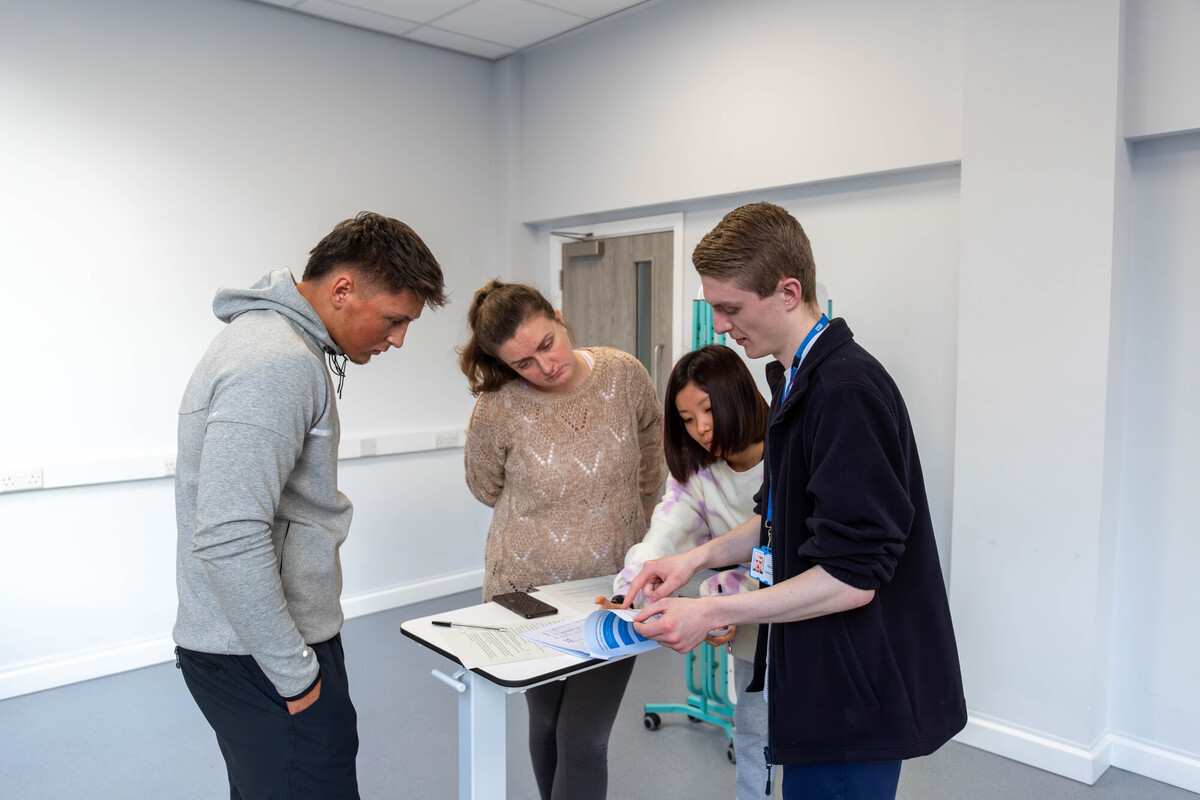The MSc Cardiovascular Health and Rehabilitation course is delivered in person, primarily through seminars, lectures and workshops and you also will have the opportunity to take part in practical laboratory sessions. You will experience an interactive and collaborative learning environment, often working alongside your peers and with staff to develop the key competencies. There is also the option of undertaking a clinical placement at the local cardiac rehabilitation department that allows you to apply the skills learned on the classroom and laboratories.
The course is comprised of a series of taught modules each delivered in 3 or 4-day blocks followed by a period of directed learning and the submission of the assessment as set out in each module. This is designed to support all students, but particularly those balancing their studies with personal and work commitments.
A diverse range of teaching and learning modes are utilised for this course (lectures, seminars, group activities, case studies, student presentations, laboratory classes and practical activities). Independent learning following the taught element is a key feature of the programme and is supported through individual tutorials (in person or online) and assessment workshops.
Teaching is delivered by experienced, well-published academics and practitioners in the subject. All of whom will offer you diverse perspectives and utilise a range of materials and teaching methods to ensure that your individual learning needs are catered for.
The range of assessment methods on the course represents different types of tasks that you are likely to encounter in the workplace. These include assessments in the form of practical lab assessments, lab reports, written work (both long and short form e.g. reports, reflections), portfolios and presentations. Assessments on the course are also integrated into the learning process, enabling consistent application of knowledge to occur. Course staff continuously review the methods of assessment utilised within modules, guaranteeing authenticity and currency within the context of post-graduate level employment.









